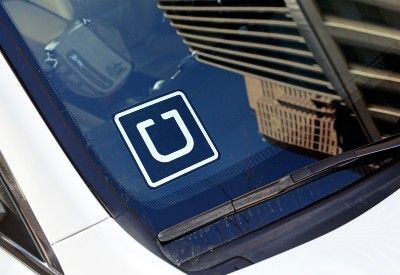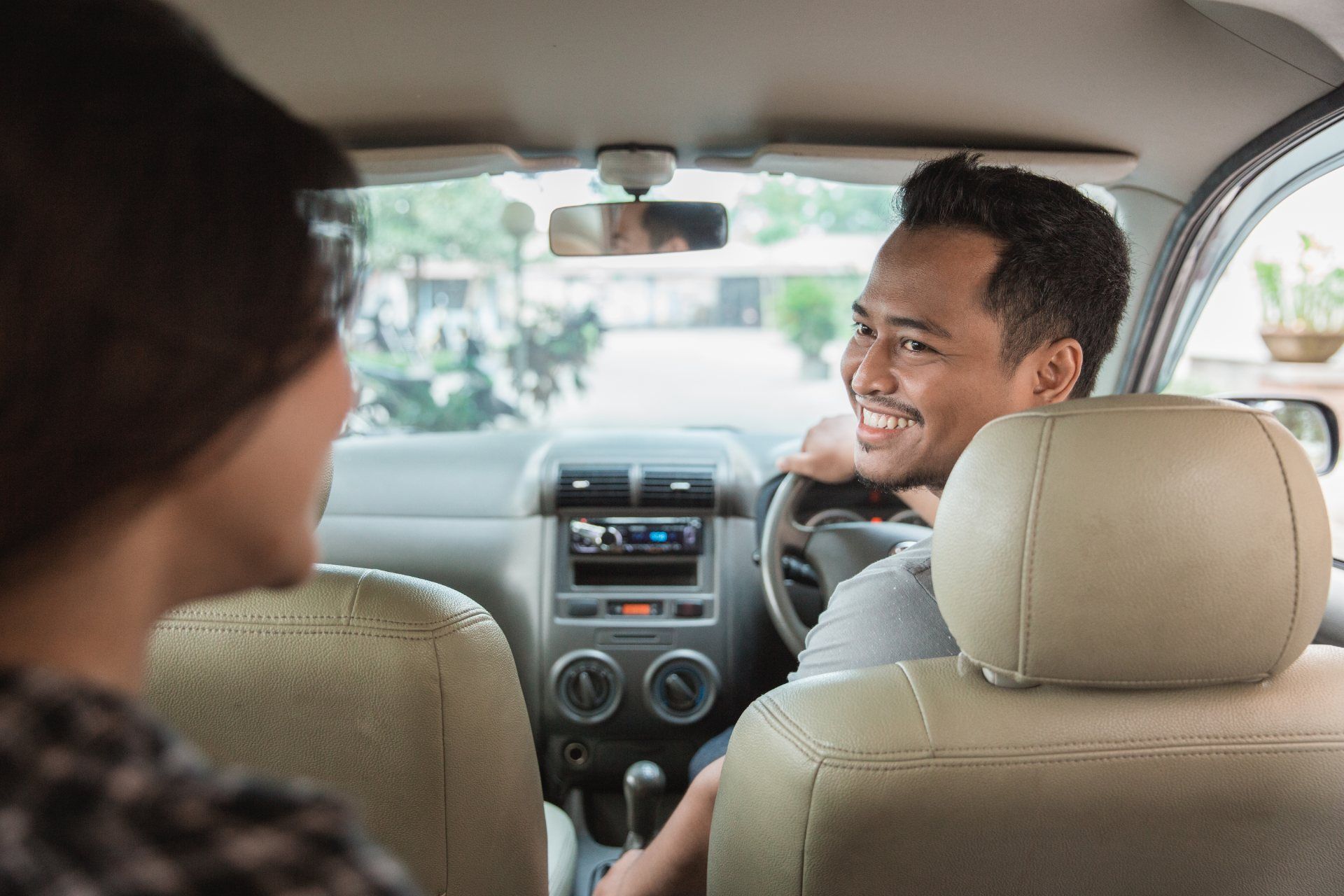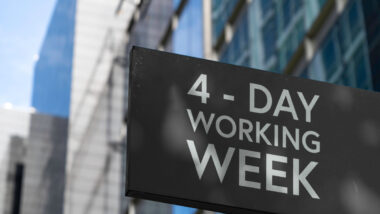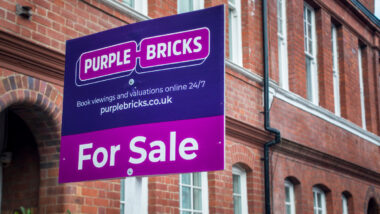Top Class Actions’s website and social media posts use affiliate links. If you make a purchase using such links, we may receive a commission, but it will not result in any additional charges to you. Please review our Affiliate Link Disclosure for more information.
Britain’s gig economy might evolve into something entirely new soon, according to lawyers in a Supreme Court case that is determining whether Uber drivers are classified as employees or independent contractors.
There has been an enduring argument over Uber and its drivers for years.
In 2016, Uber lost an appeal in which two of its drivers argued that they should be labeled as employees, according to CNBC.
The two Uber drivers fought to be categorised as employees rather than self-employed, a step that would give them rights to the minimum wage and holiday pay. Employees also have rights to discrimination safeguards, and health and safety promises from employers.
Uber has maintained its drivers are self-employed and are not employed directly. The so-called “gig economy” refers to several industries, including delivery and ride services that bring on independent contractors who are not eligible for employee benefits. The self-employed workers do not have the same rights and benefits that employees of a firm have.
Now, Uber is seeking to overturn a 2018 court ruling that ordered Uber drivers to be classified as employees with rights to minimum wage and holiday pay benefits, CNBC reported. The new case could make Uber liable for paying out tens of millions of pounds if the case is ruled against them.

Uber insists that the Uber drivers were independent contractors and not workers for the company.
During the pandemic, delivery services for food and other essential items have soared. The Uber case has the potential to affect delivery service firm workers as well as rideshare drivers.
James Farrer and Yaseen Aslam, the two defendants in the case, are the leaders of the App Drivers & Couriers Union. If the case is not ruled in their favour, they will not be able to conduct the union any longer.
Uber, the San Francisco-based ride-hailing company, is used by 65,000 U.K. drivers, according to the Guardian.
The company says its app is just a platform to join drivers with riders. It maintains that Uber drivers are self-employed and signed onto contracts to provide ride services with customers.
According to Uber, drivers can work when they please, and on their own time, as is often the case with independent contractors. The Uber drivers were not obligated to work at any time and did not have to accept requests for trips if they decided they did not want to work.
However, the case and ensuing court appeal ruled that the Uber drivers were not independent contractors but were employees under the Employment Rights Act 1996, according to the Guardian.
The ruling was based on the amount of management and regulation Uber had over its drivers. The policies, driver rating systems, route settings and enticements for drivers to accept fares were all factors in the decision to determine that the Uber drivers were employees, not self-employed.
There are approximately 45,000 Uber drivers in London, and about 1,000 of them have made comparable allegations against Uber. If the defendants win the case, the tens of thousands of U.K. Uber drivers could be rewarded up to £12,000 each.
The pandemic has forced many drivers to risk themselves to continue working to make ends meet. If they were categorised as employees, they would have rights that independent contractors do not have.
Uber maintains the drivers are never obligated to provide rides.
The company stands by its business model and says it refuses to change it regardless of the case’s outcome.
Do you side with Uber or the drivers? What do you think the outcome of the case will be? Let us know in the comments.
ATTORNEY ADVERTISING
Top Class Actions is a Proud Member of the American Bar Association
LEGAL INFORMATION IS NOT LEGAL ADVICE
Top Class Actions Legal Statement
©2008 – 2024 Top Class Actions® LLC
Various Trademarks held by their respective owners
This website is not intended for viewing or usage by European Union citizens.















